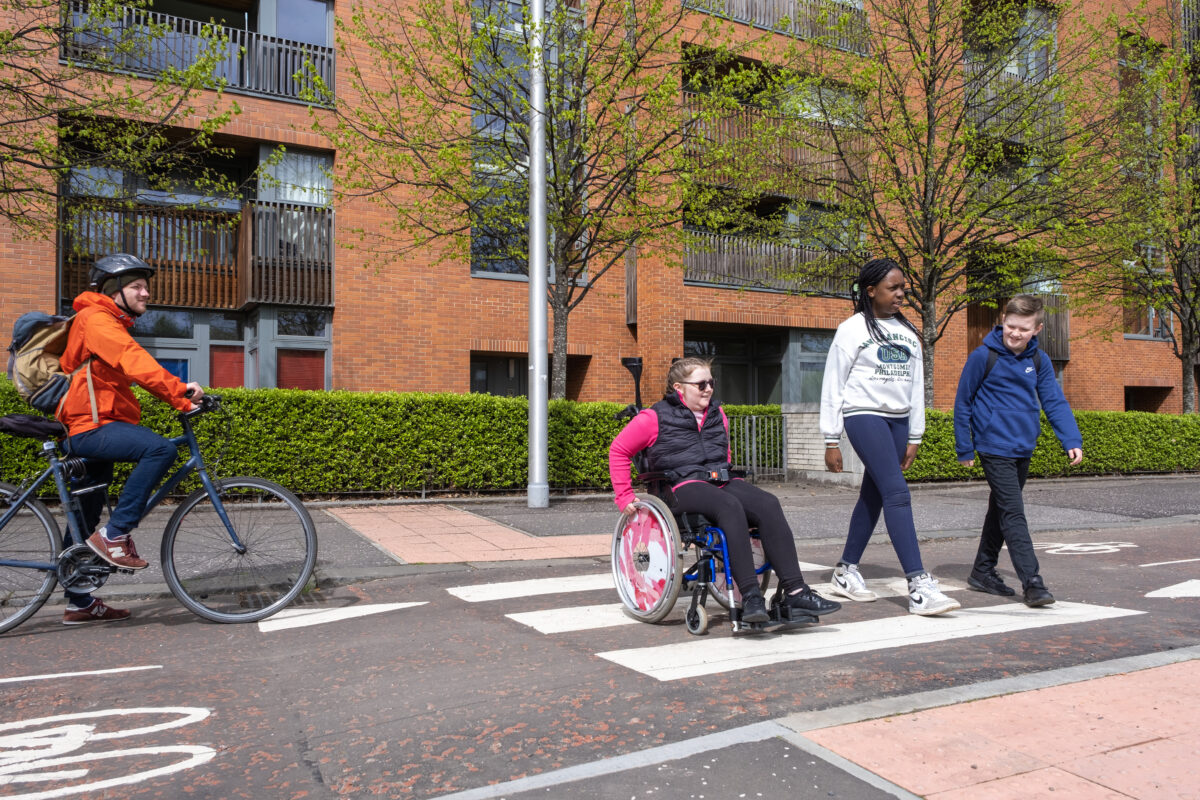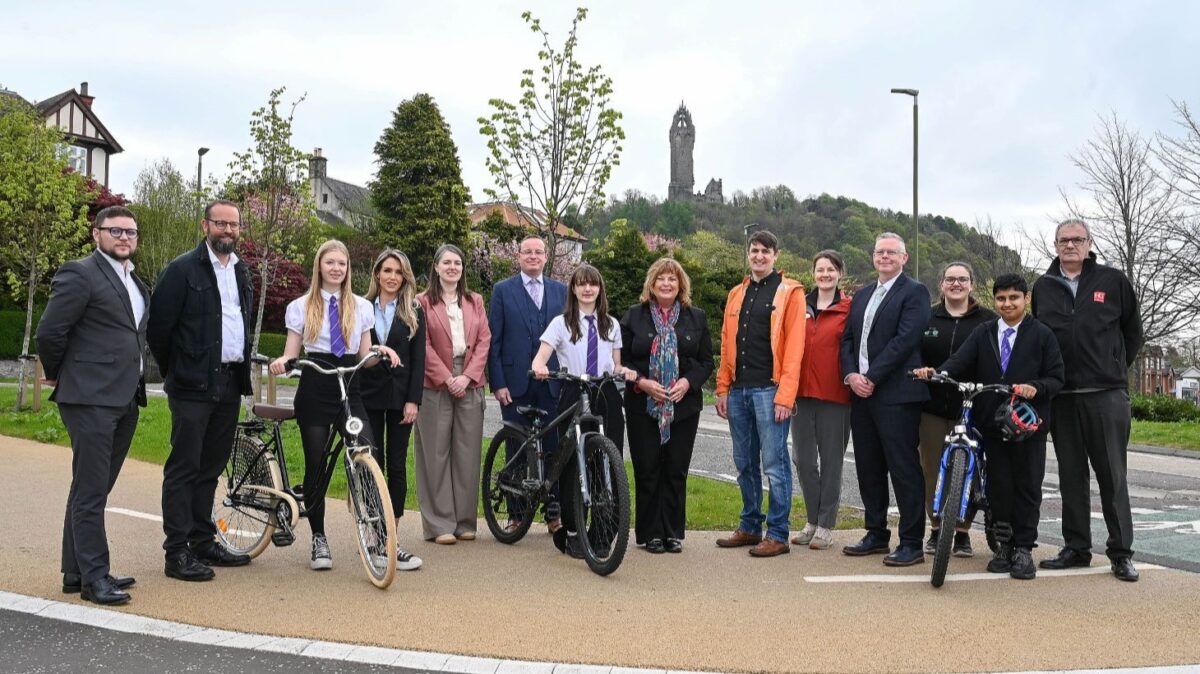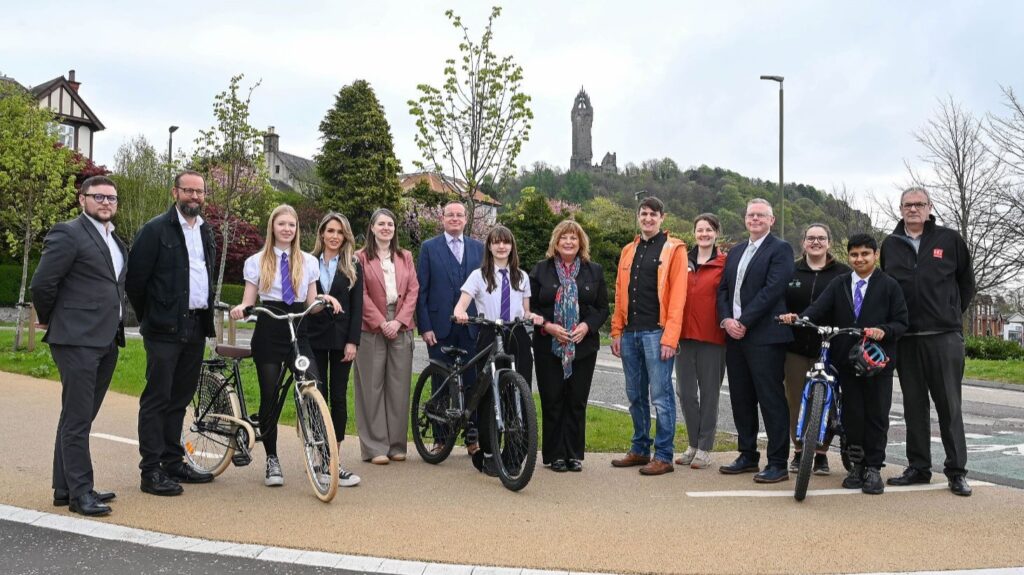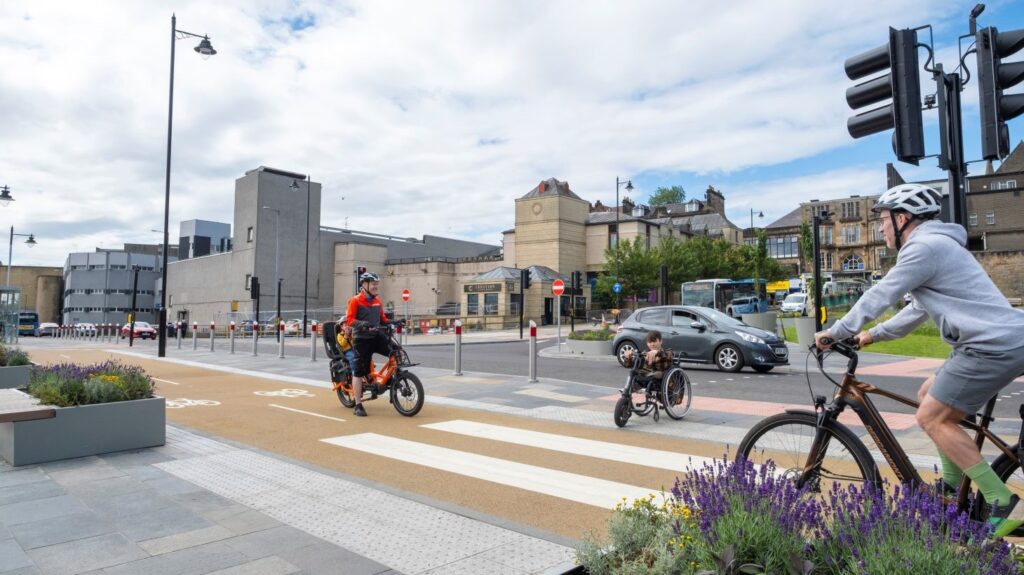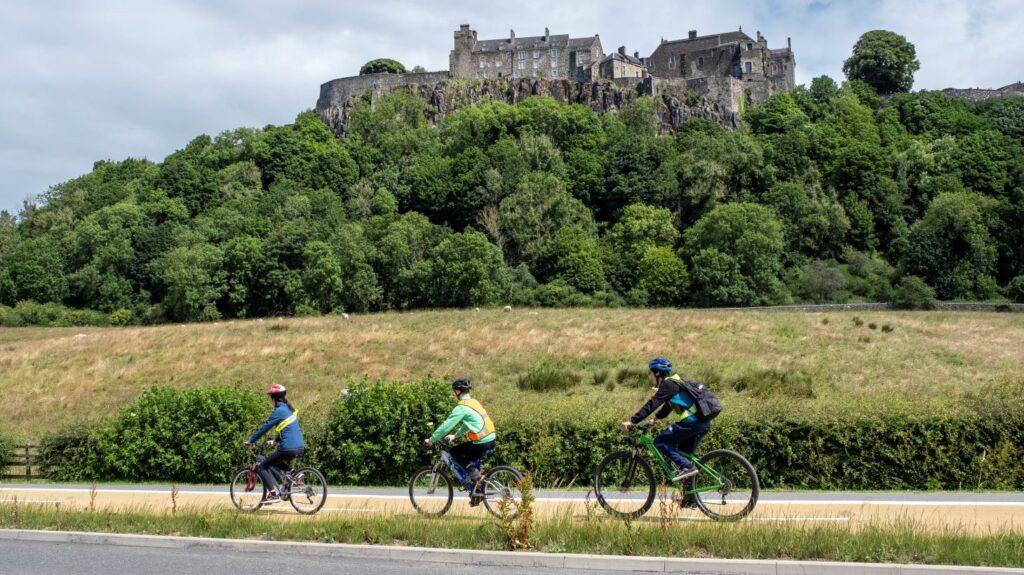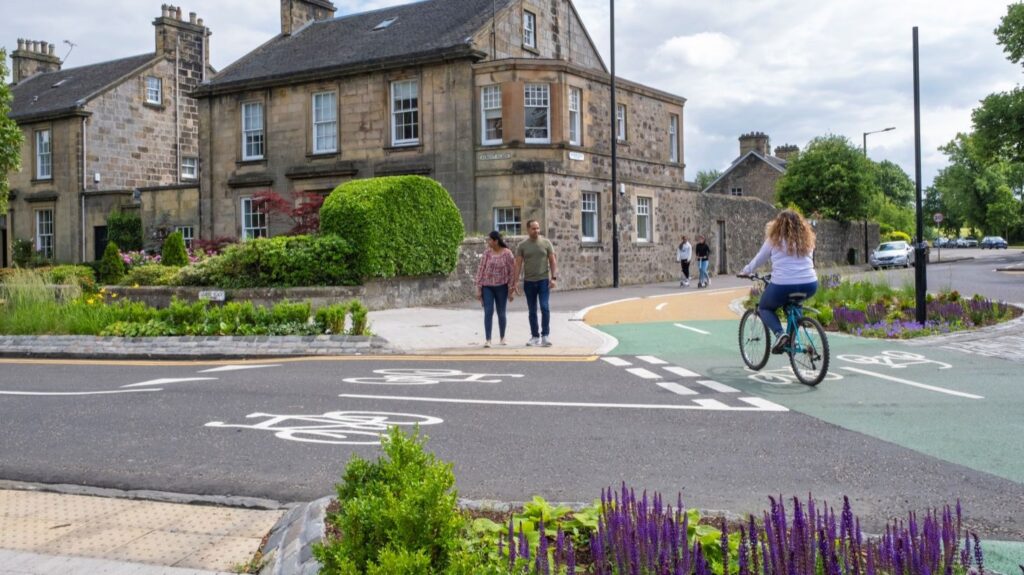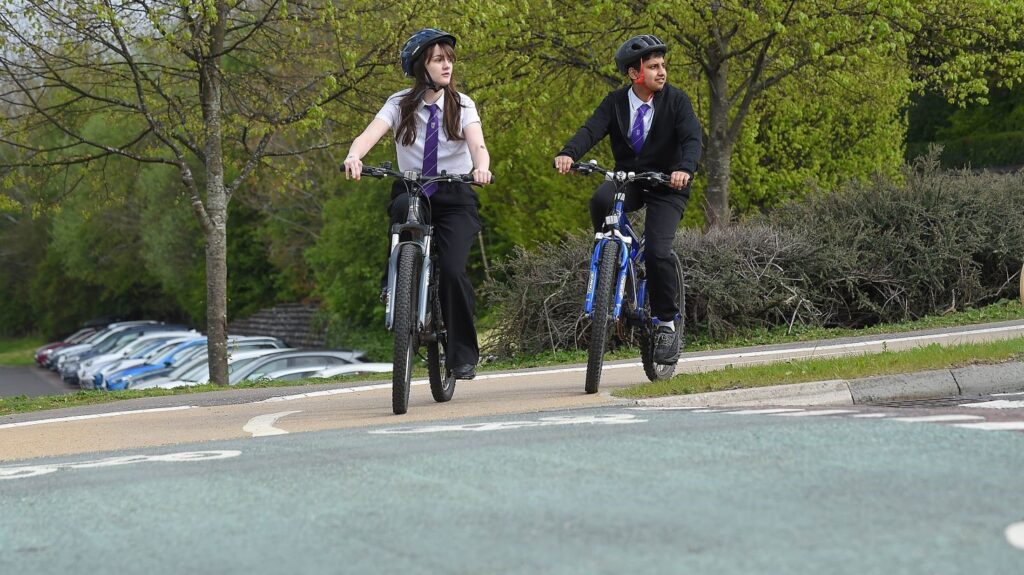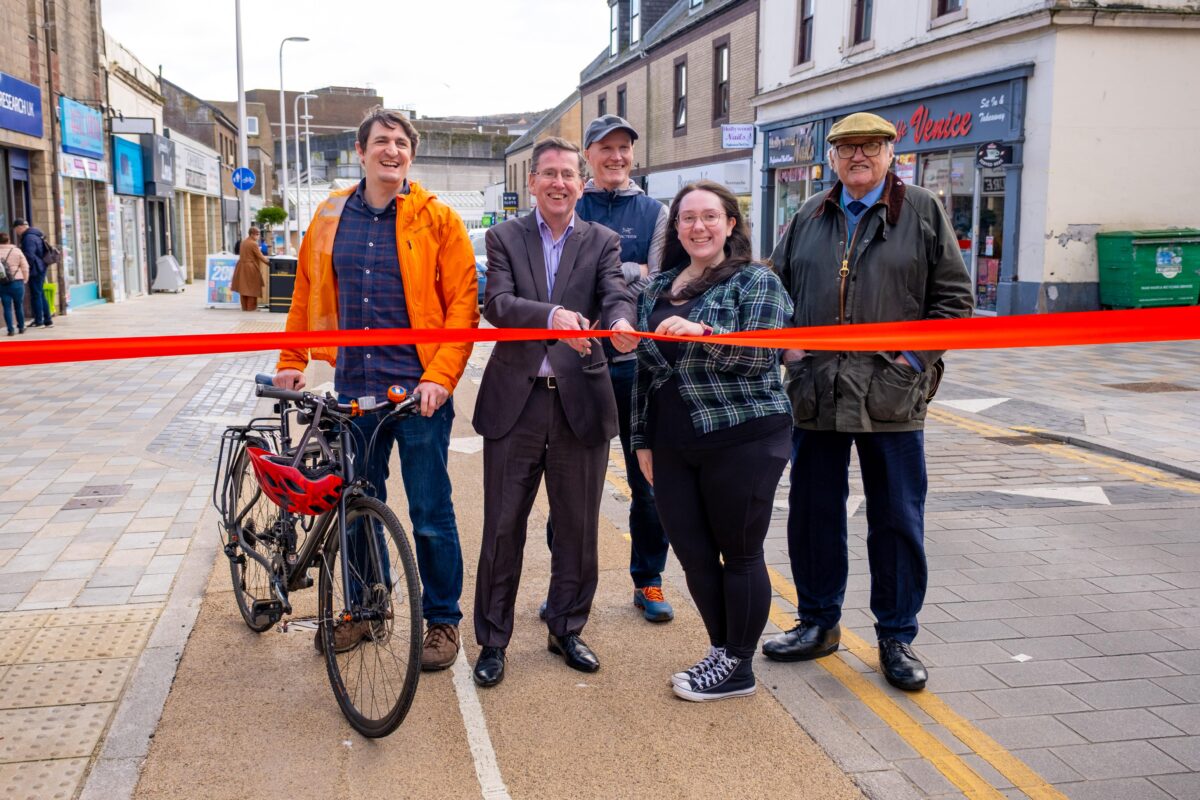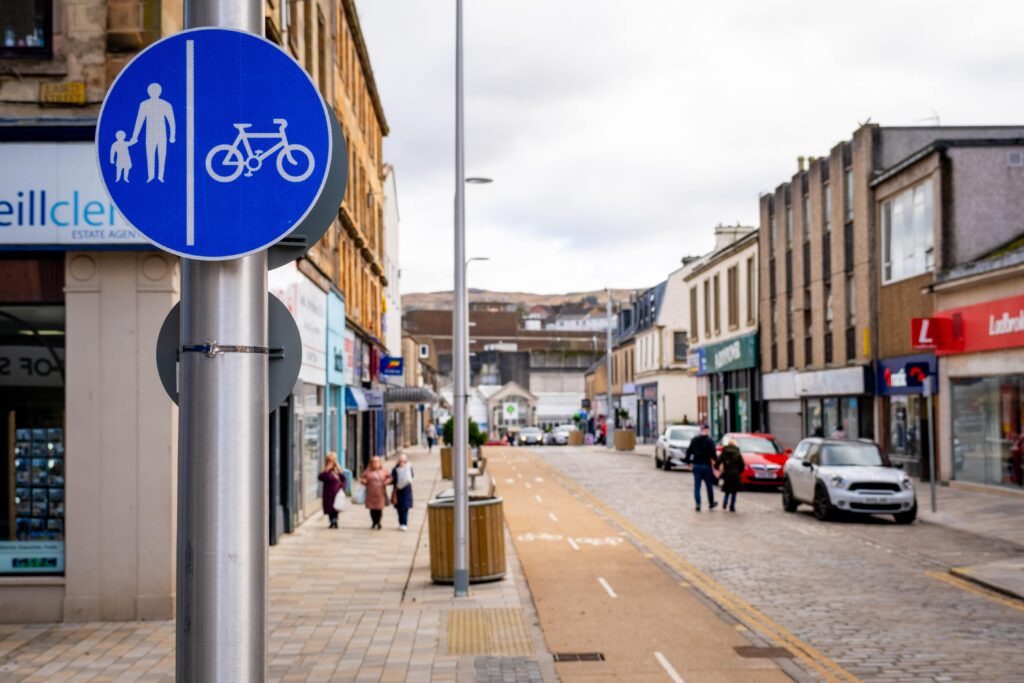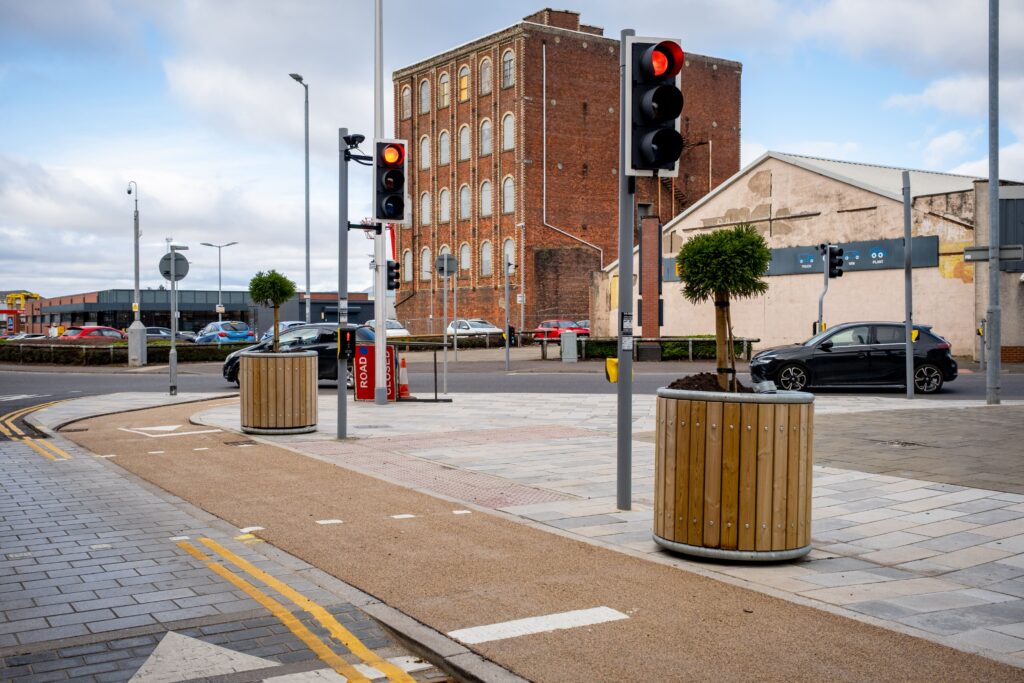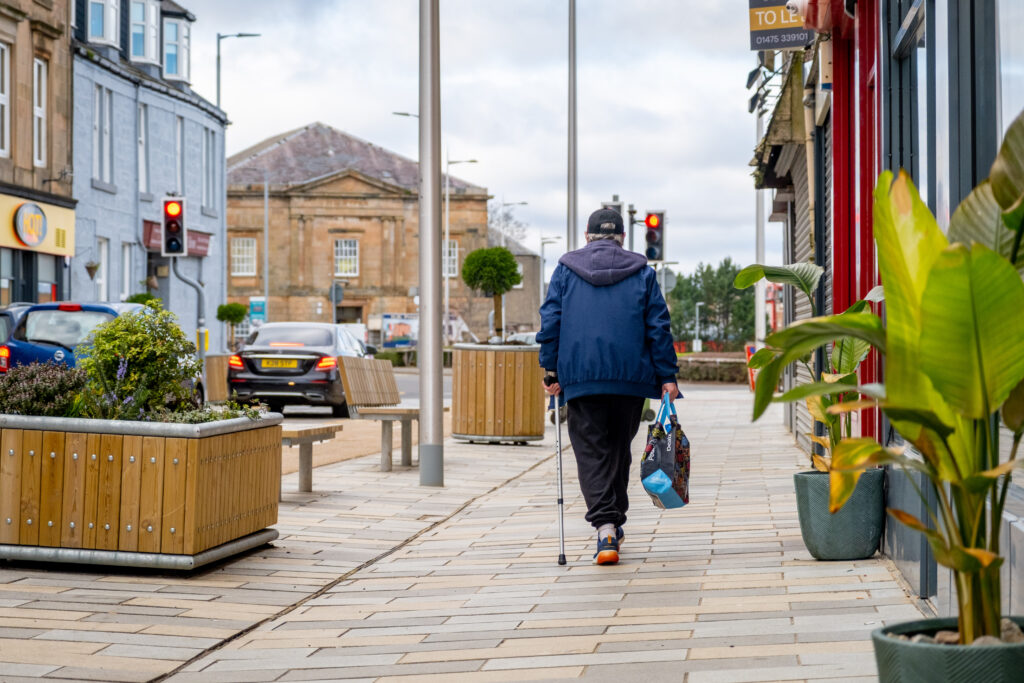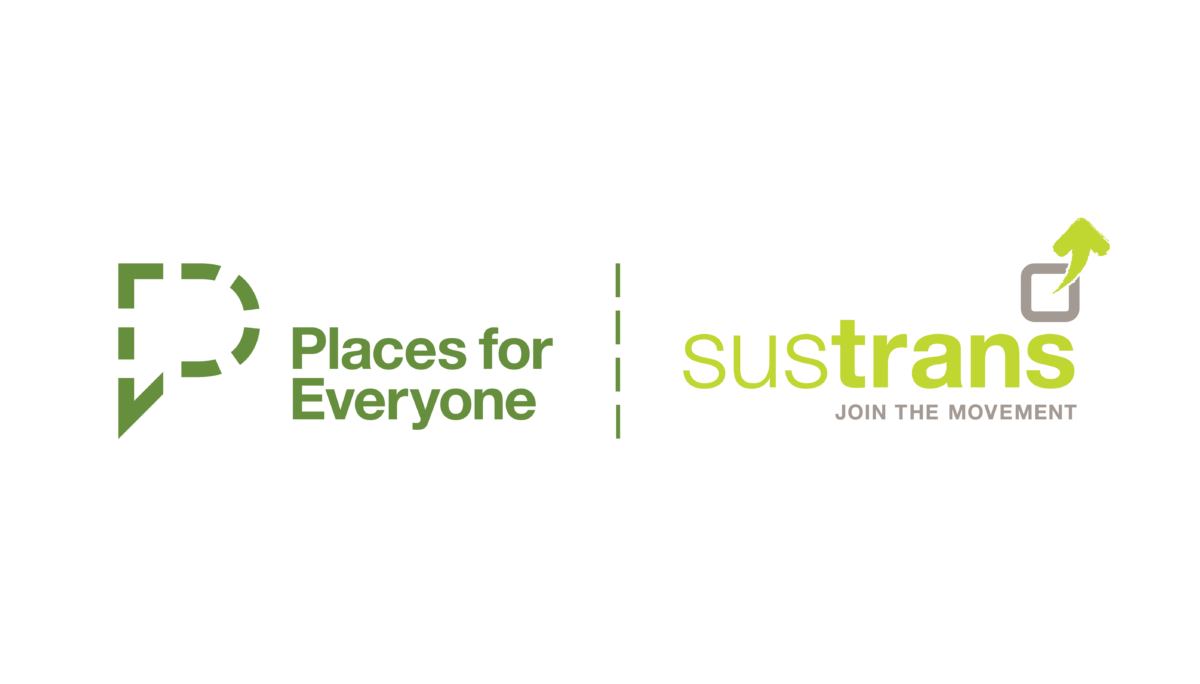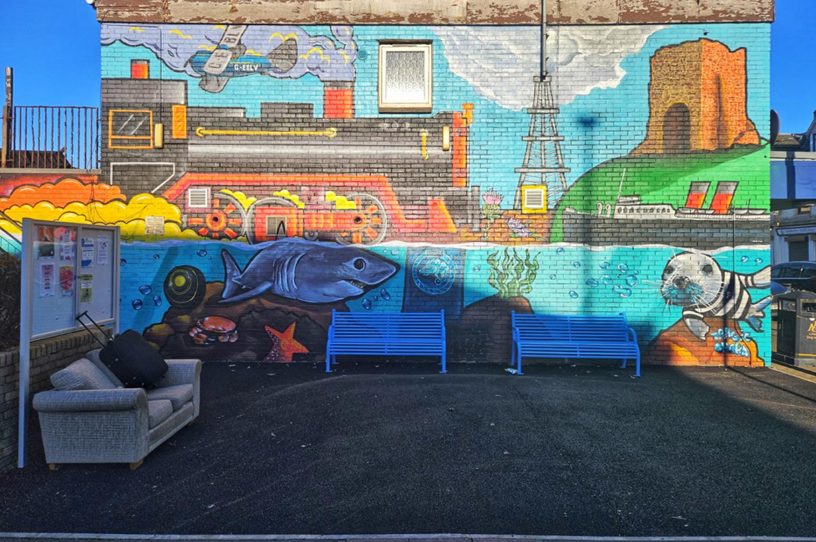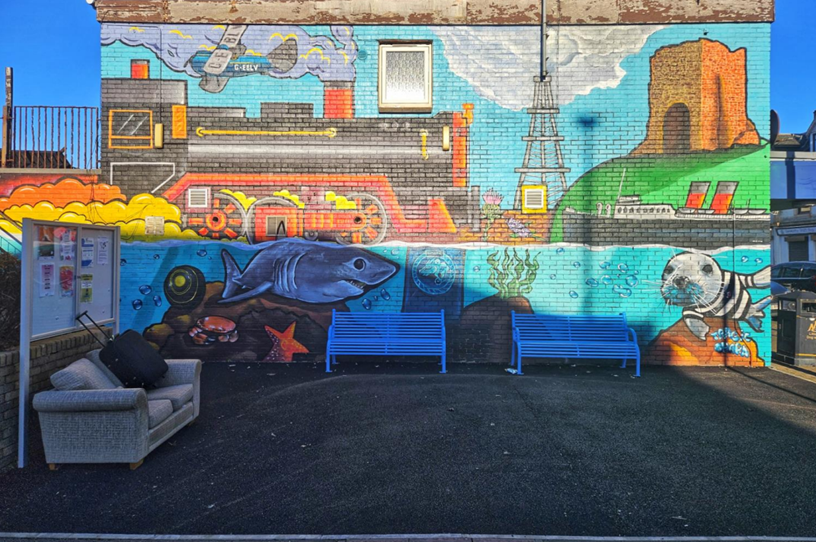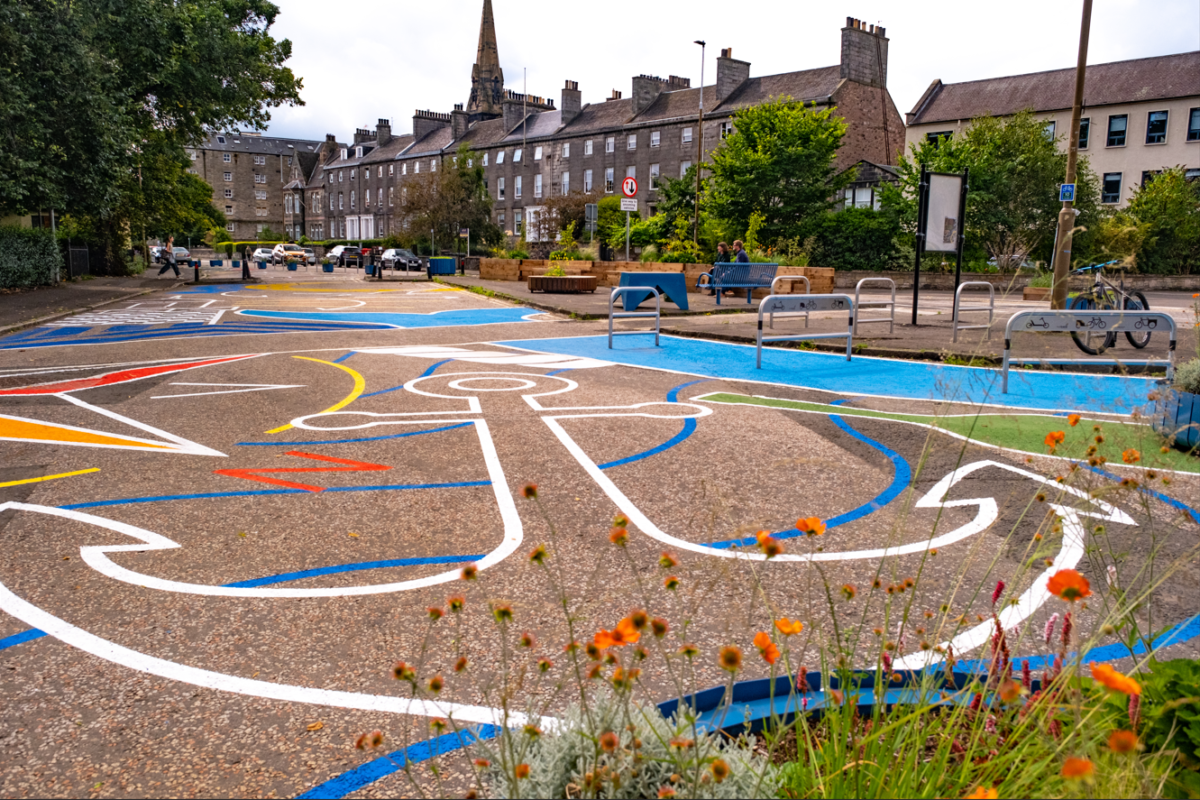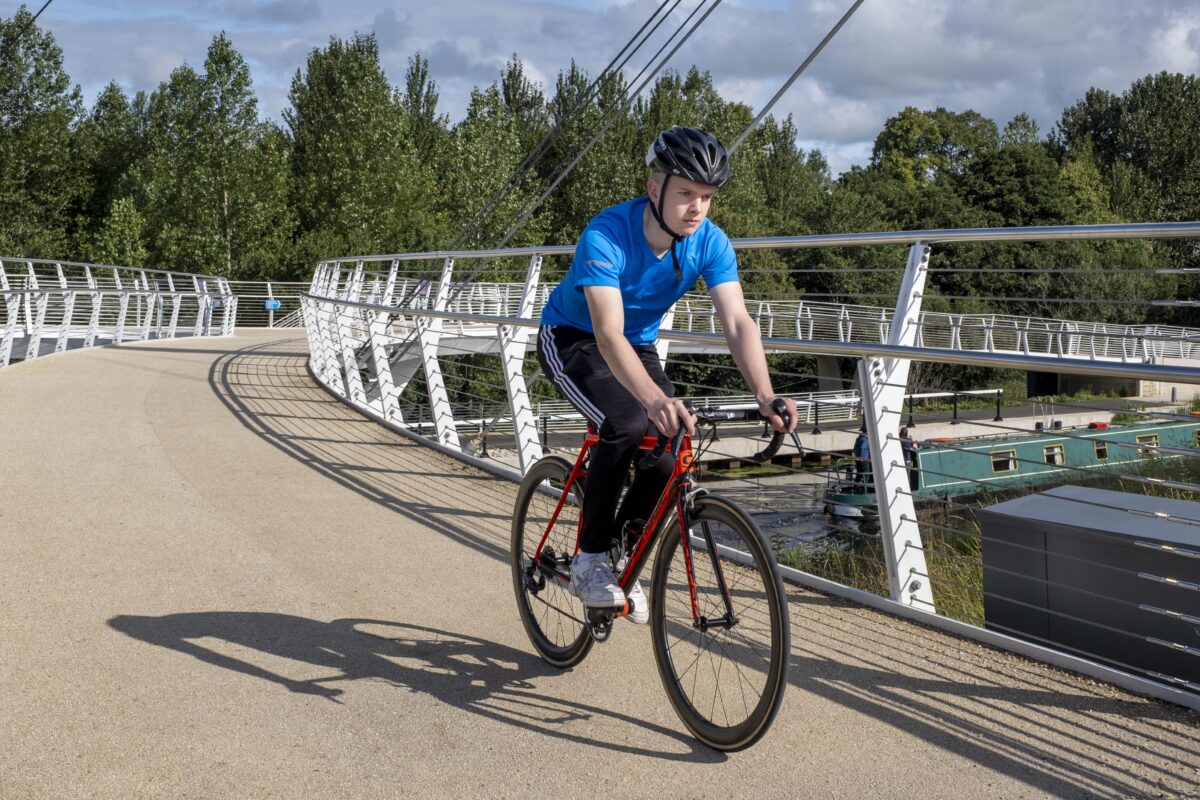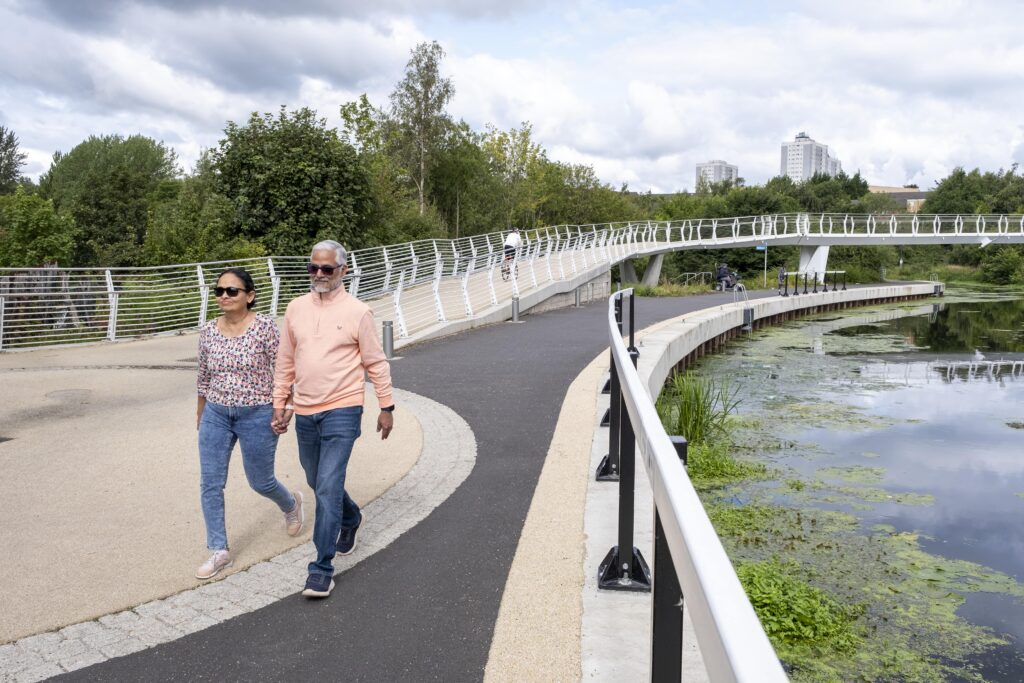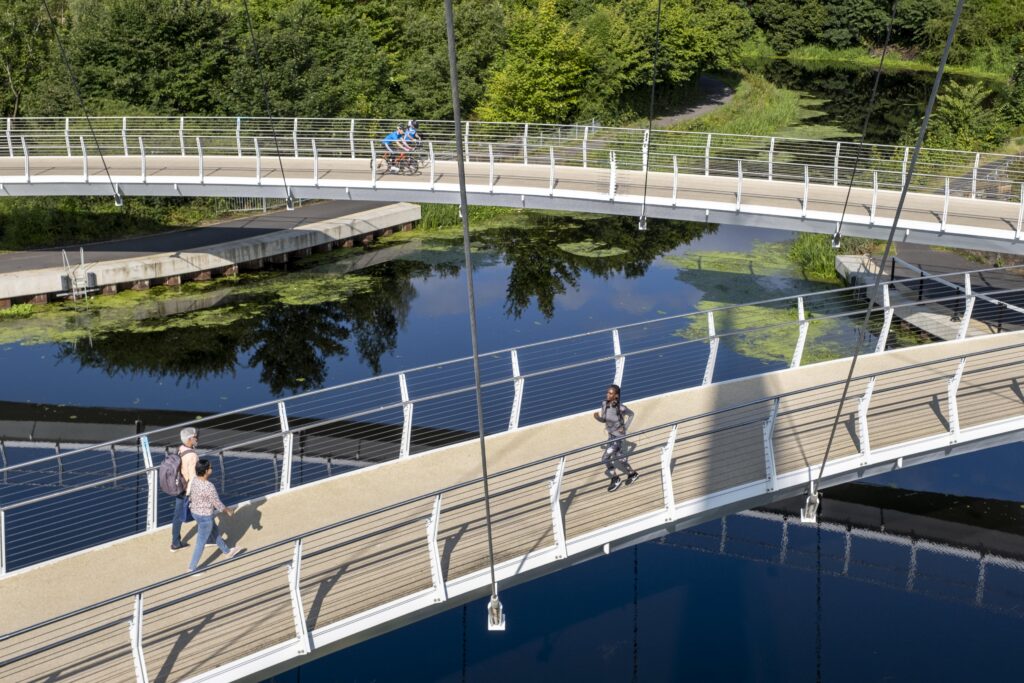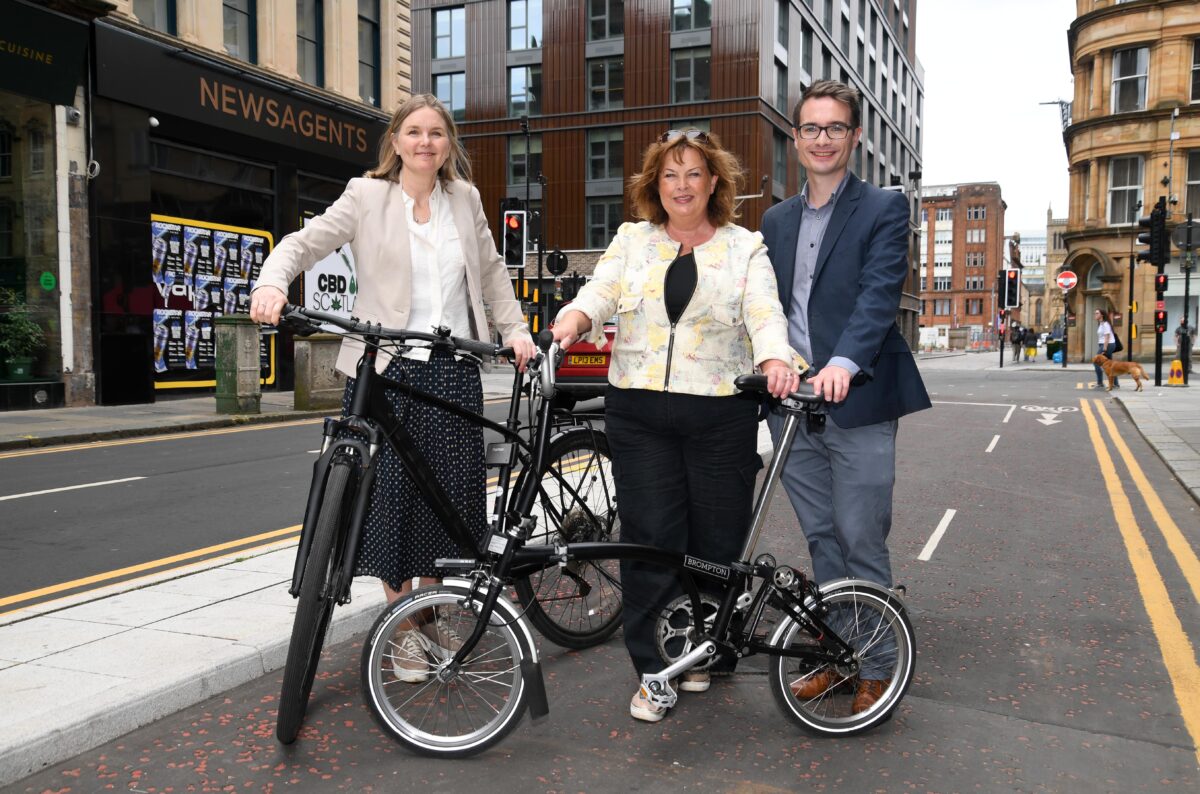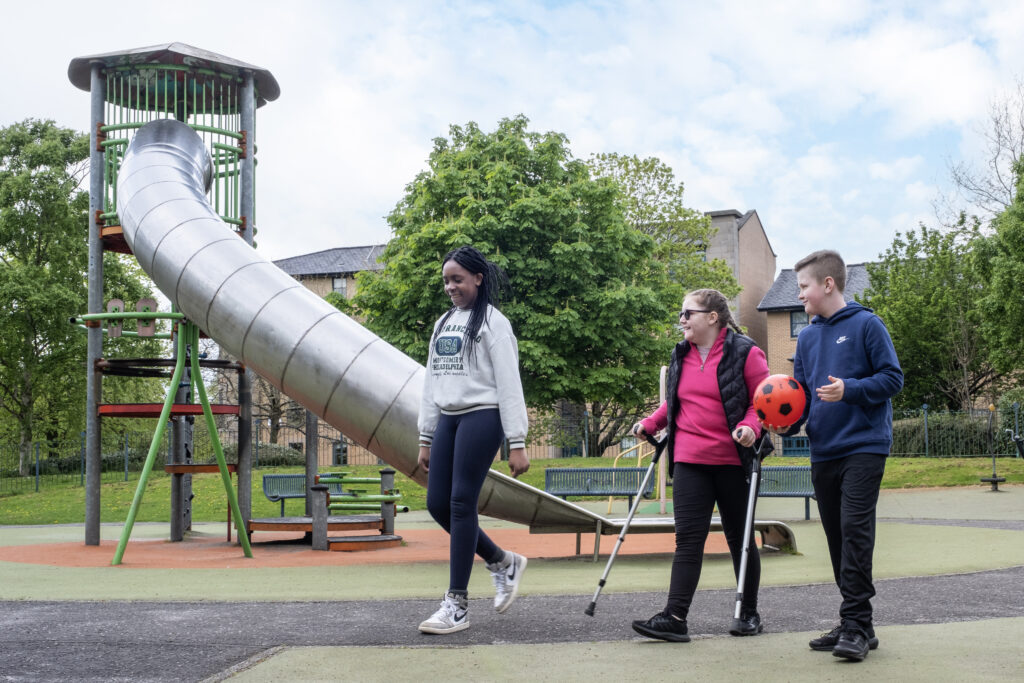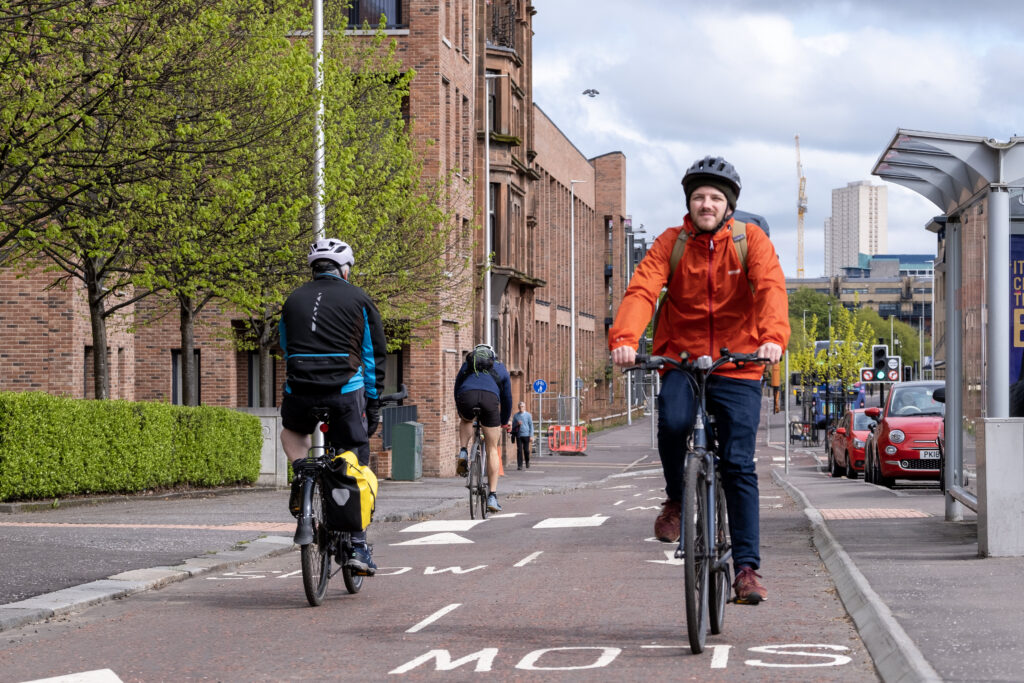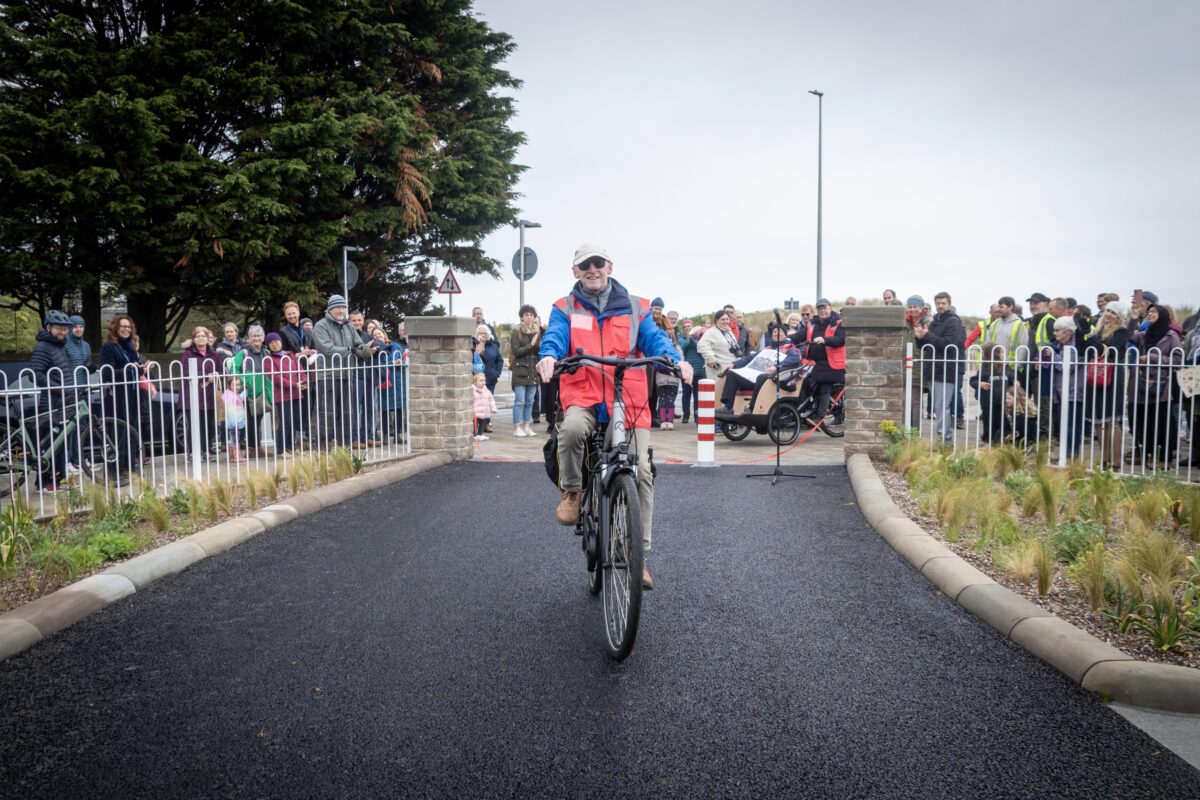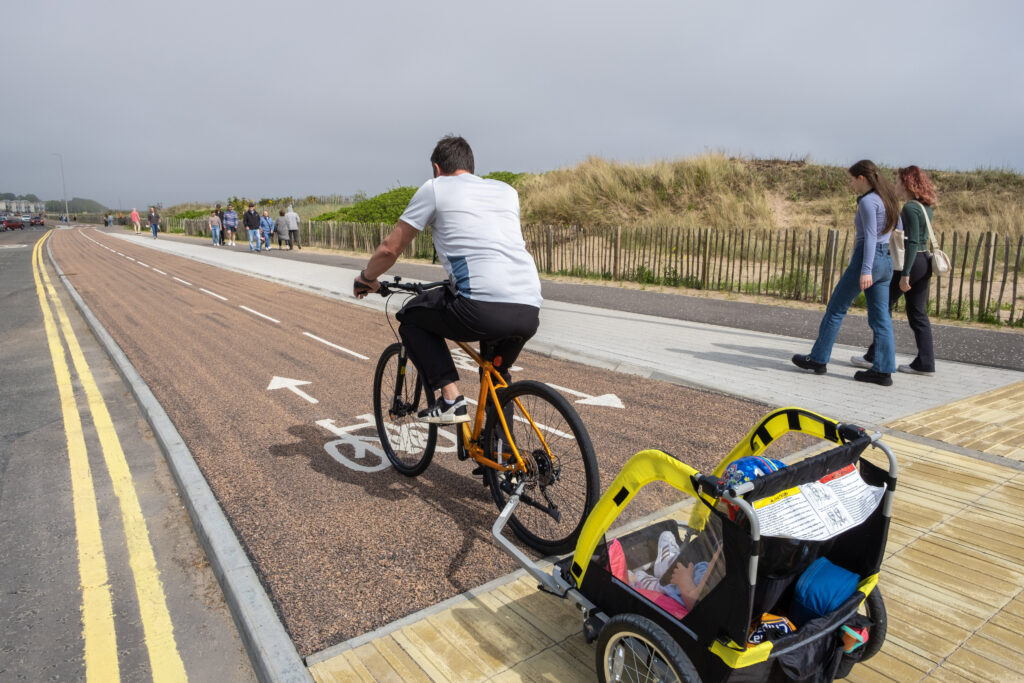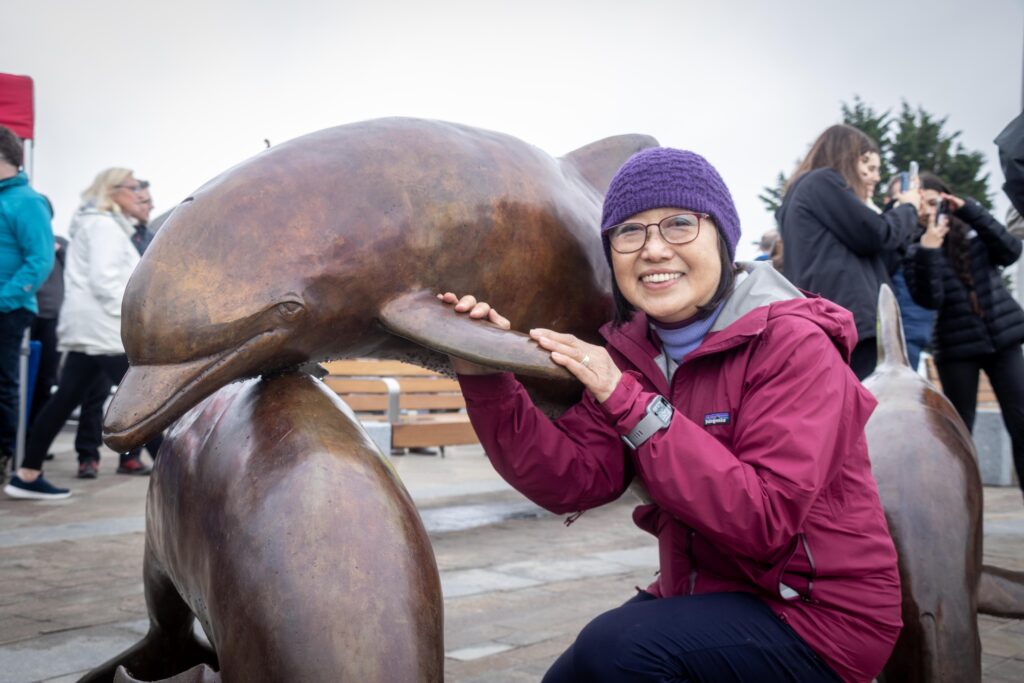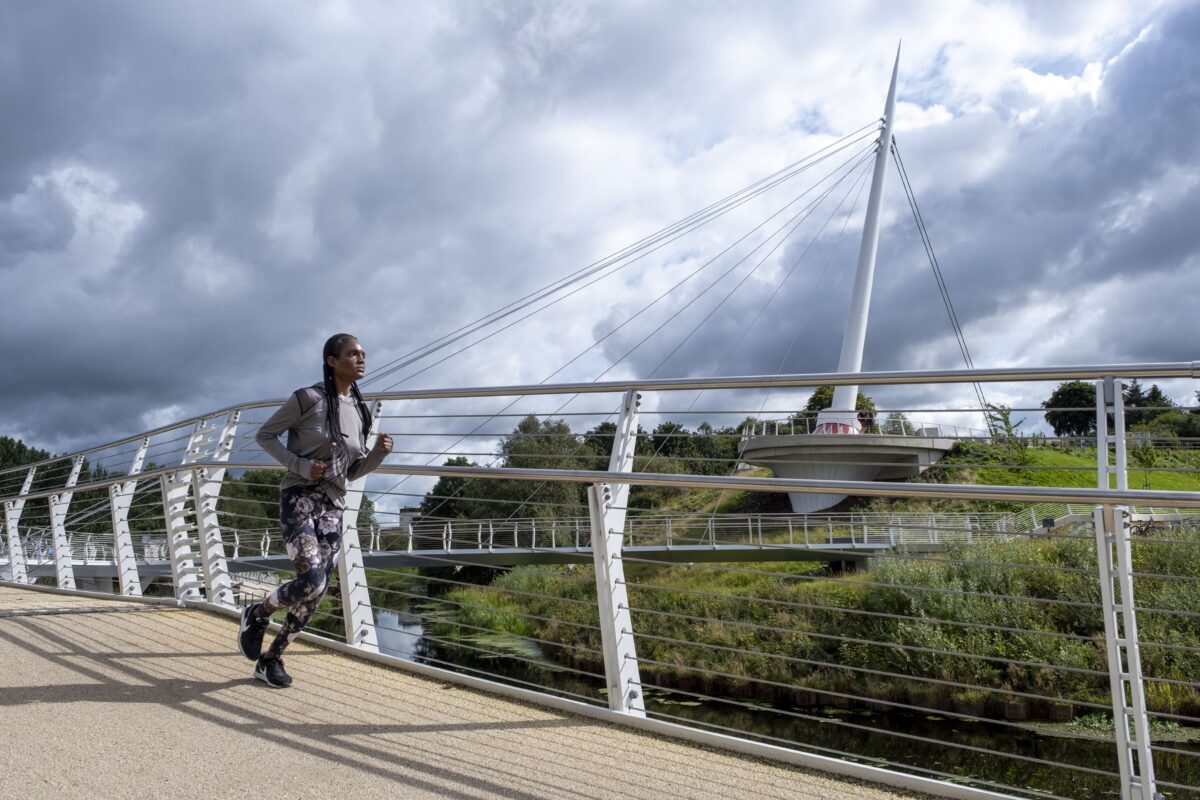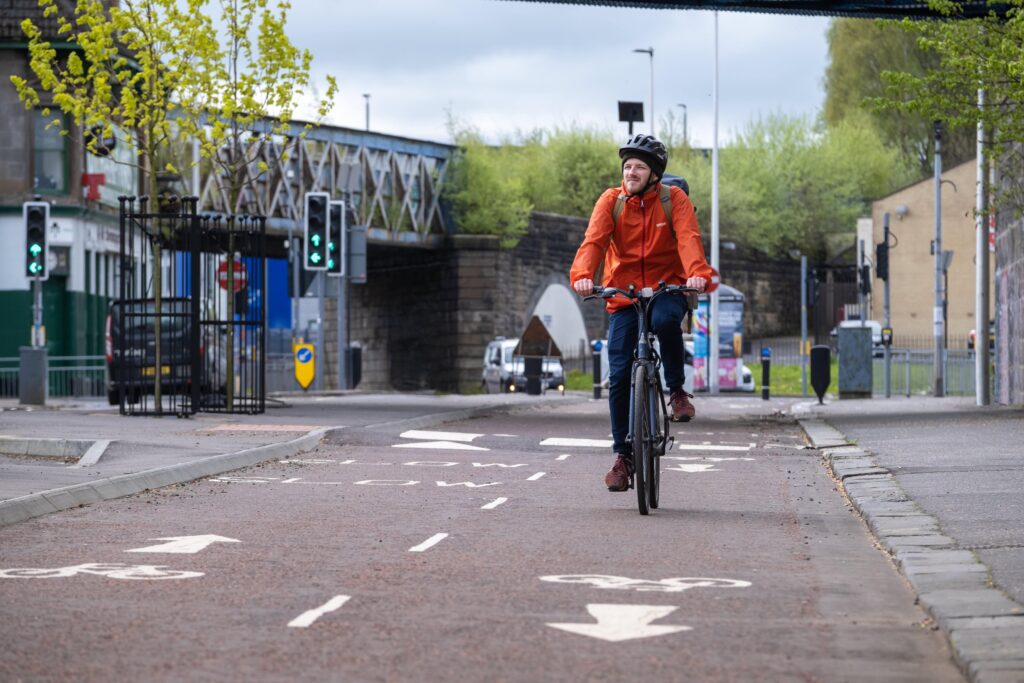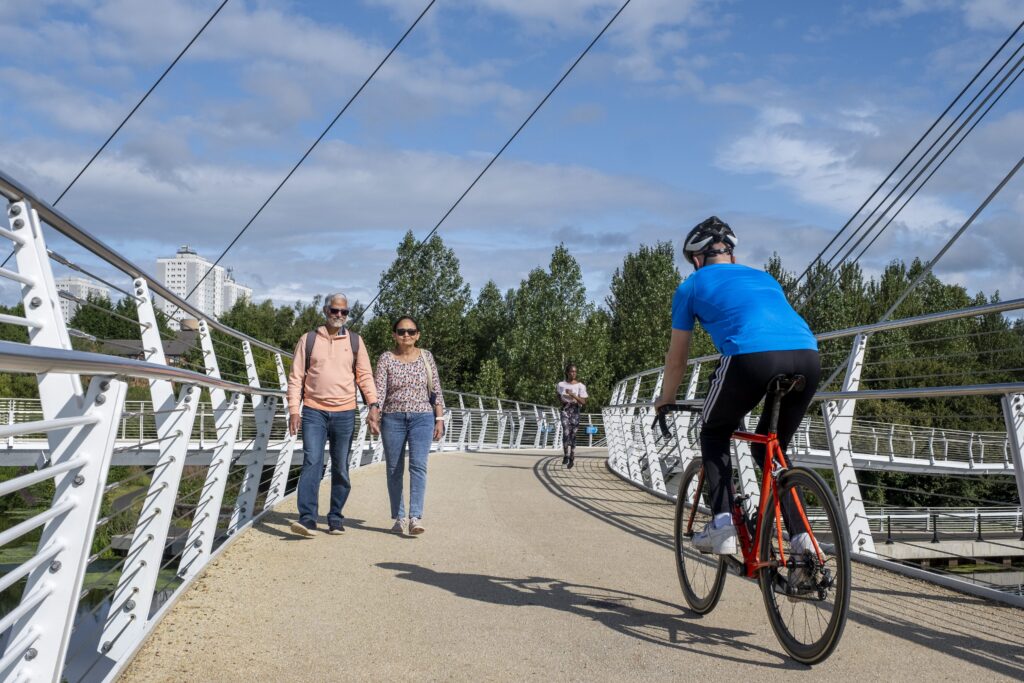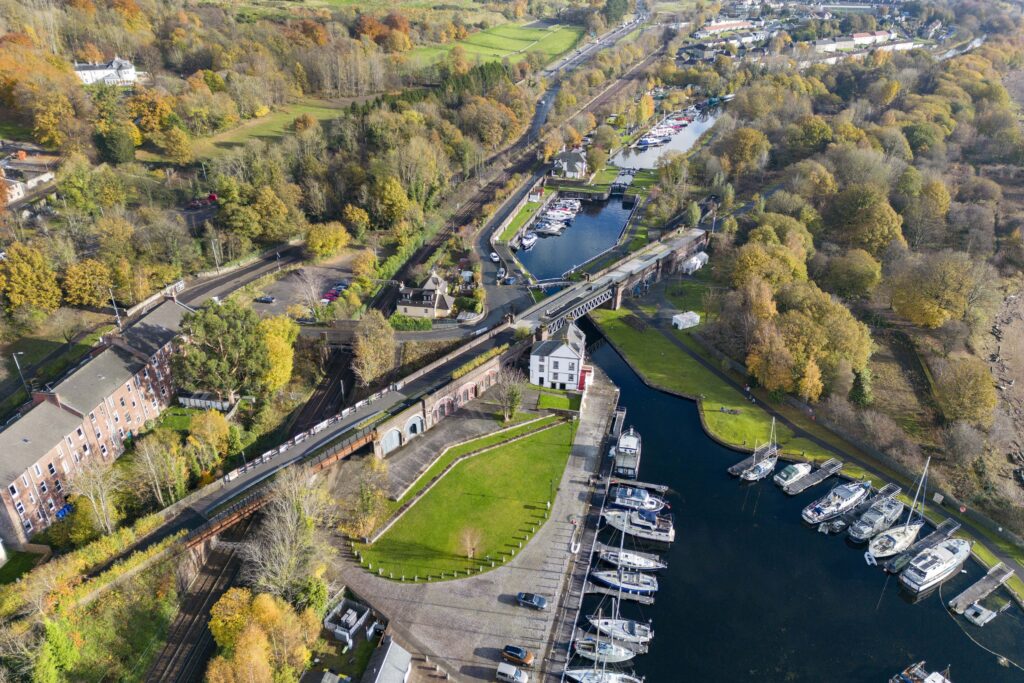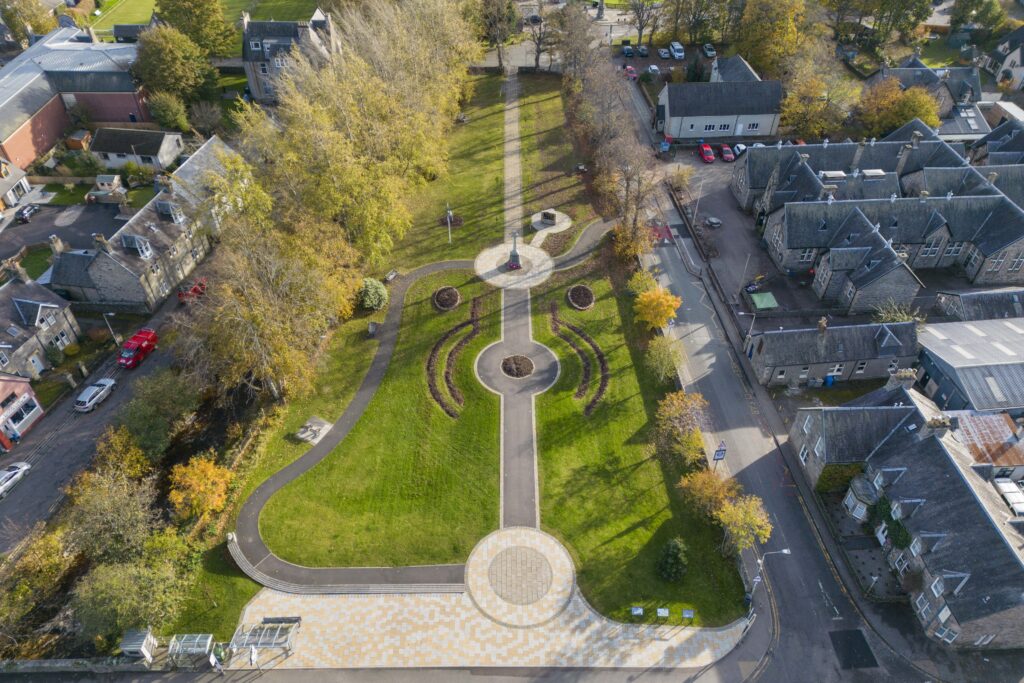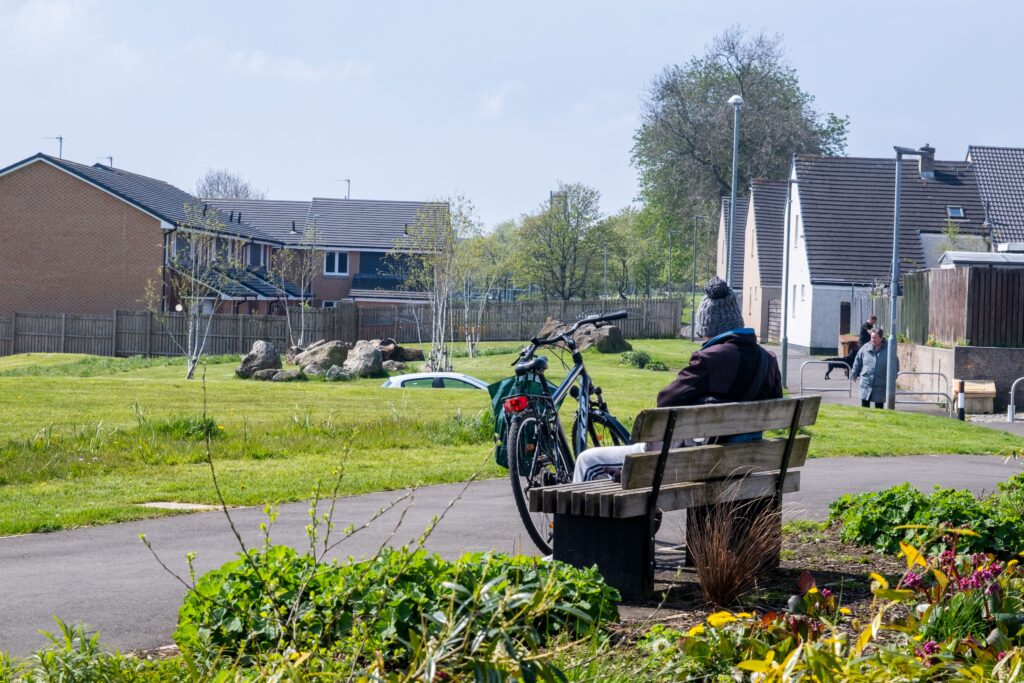What are the main findings?
Since 2016, Places for Everyone has delivered almost 180km of cycle, pedestrian or shared use paths.
Nearly half of these are newly constructed with the remainder being upgrades to existing routes.
Through Places for Everyone the Scottish Government provides millions of pounds to local authorities and community groups every year in order to help create new and accessible walking, wheeling and cycling connections across Scotland, from the Scottish Borders to the Western Isles.
In 2023-24 alone, £76m was invested in active travel infrastructure via Places for Everyone, making this the largest active travel programme in Scotland at nearly 46% of the total investment.
Thanks to these new paths, the number of people in Scotland living within 500m of high quality active travel infrastructure constructed through Places for Everyone has tripled between 2016 and 2024.
The latest analysis, carried out by Sustrans’ Research and Monitoring Unit (RMU) estimates that over 1.3 million more active travel trips per year were made after projects were delivered.
This analysis is based on a sample of projects and likely underestimates the true increase in trips.
This is an increase of 28% in active travel trips.
For walking, there were 600,000 additional trips (an increase of 16%), whilst there were 700,000 more cycling trips (an increase of 85%).
Results also indicate that Places for Everyone projects have contributed to a reduction in car travel and, consequently, levels of noise and air pollution.
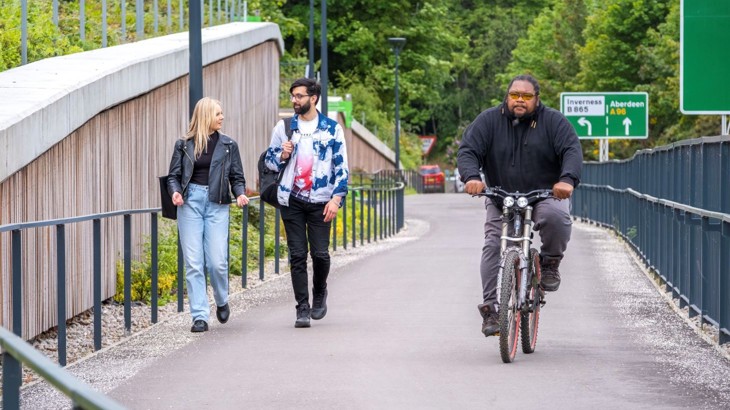
What are the key benefits?
The latest analysis suggests that projects delivered through Places for Everyone have significantly improved safety for people walking, wheeling and cycling.
As reported last year, the total number of casualties has decreased where new routes have been built despite a corresponding increase in walking, wheeling and cycling journeys.
In response to surveys, more people also reported feeling safe after improvements had been made.
Before project delivery, 77% of survey respondents reported feeling safe on project sites, rising to 89% after.
As well as improving safety, results suggest that the programme has boosted health outcomes by increasing physical activity.
Across newly delivered projects, 94% of respondents agreed that a desire ‘to get exercise’ influenced their choice to walk, wheel or cycle along one of the new routes.
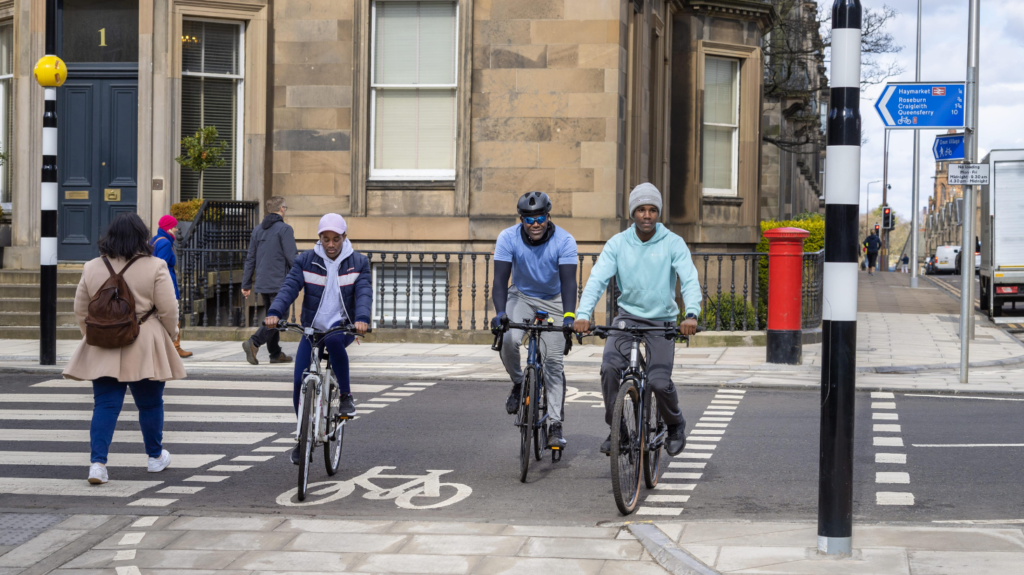
How has this impacted on protected groups?
Results show that completed Places for Everyone projects are also helping to encourage more active journeys to school.
Schools with projects located within 500m have substantially higher rates of walking, wheeling and cycling to school compared to the Scottish average.
In terms of gender and age, both men and women made more trips on Places for Everyone routes after construction, and the number of trips has also increased across every age group.
However, because the overall number of trips has increased, the proportion of women making trips on Places for Everyone routes has remained similar.
Other groups often under-represented in active travel include people from minority ethnic groups and those living with disabilities.
Following project completion, the proportion of route user survey respondents from minority ethnic groups using the new routes increased, although they remain underrepresented.
Similarly, the proportion of respondents with a long-term health condition has increased slightly but remains below the population average.
Another aim of the programme was to increase walking, wheeling and cycling rates amongst people who live in areas identified as ‘deprived’ according to the Scottish Index of Multiple Deprivation.
Up to five years after completion, the number of trips made by people from more deprived areas has nearly doubled from around 97,000 annually to 184,000, an 89% increase.
However, this group remains underrepresented on Places for Everyone routes.
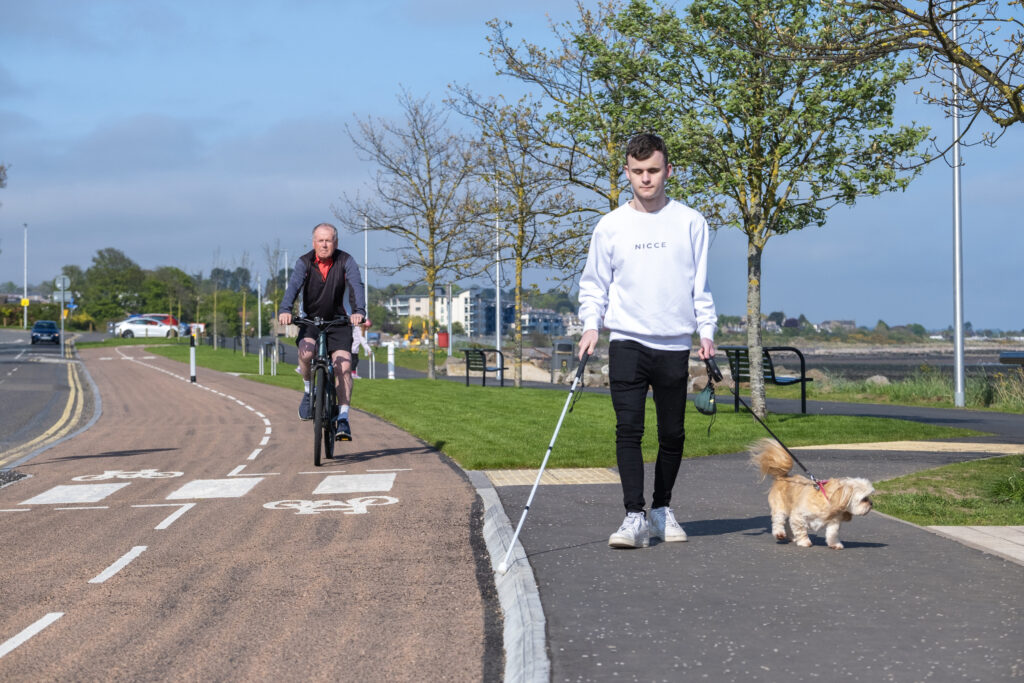
Where can I read the report?
The excel-based report is available on request.
Please contact scotland@sustrans.org.uk for more information.
